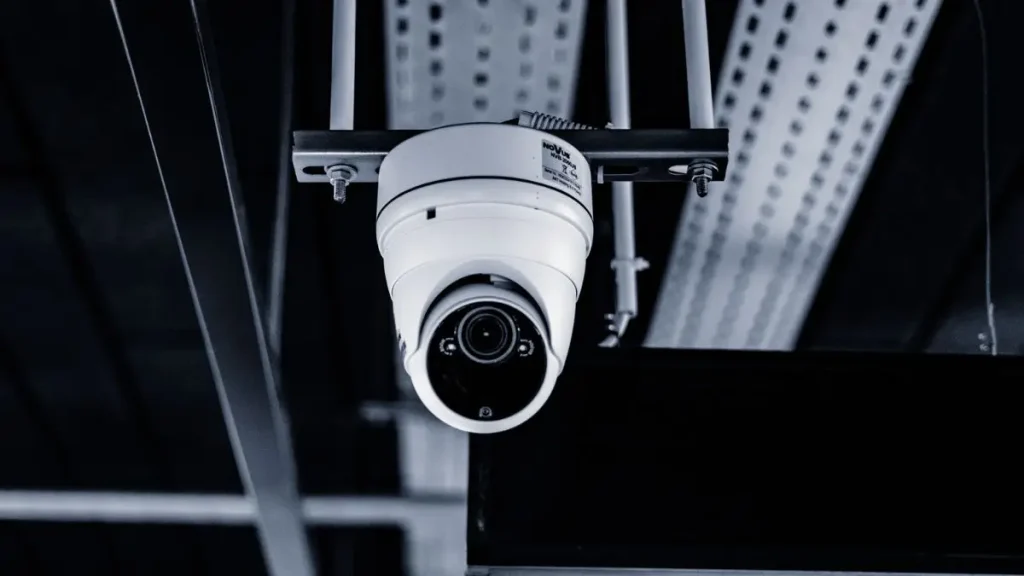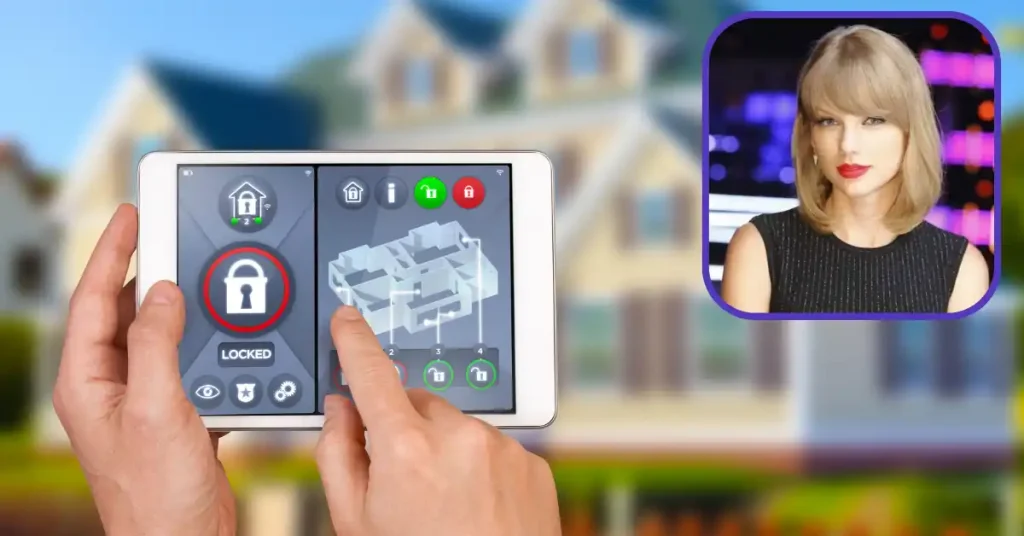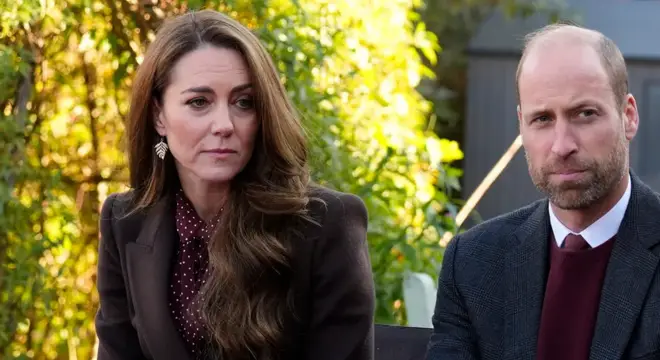Influencer Alix Earle Sparks Safety Concerns After Fan Surprise at Her Miami Home
I’ll be honest—when I first heard about a fan showing up uninvited at Alix Earle’s Miami home, my stomach sank. Not because it’s shocking, but because it’s a real reminder of how fragile digital privacy can be—especially when you’re living your life online.
Alix, one of the most recognizable faces on TikTok right now, has built her brand on being open and relatable. That openness is exactly what draws millions of followers in. But it also makes her—and influencers like her—an easy target for boundary-crossing behavior. When someone managed to track her down and reach her front door, it wasn’t just a fluke. It was a wake-up call.
If you’re an influencer, a content creator, or even just someone who shares their life online—you need to hear this. Because what happened to Alix isn’t about “celebrity problems.” It’s about digital footprints, real-world consequences, and the growing risks of being too visible in the age of algorithmic fame.
Let’s unpack what happened, how it happened, and what we can all learn before something similar happens to you—or someone you follow.
What Really Went Down at Her Miami Home?
Let’s get straight to it: Alix Earle shared in a TikTok clip that a fan—uninvited—showed up at her Miami doorstep. That’s not celebrity gossip—it’s a personal violation. What struck me isn’t just the surprise visit; it’s how someone managed to track down her exact location.
You and I both know sharing your life online can feel harmless—but this wasn’t harmless. This was someone crossing the line into personal space.
By starting here, I want you to feel the tension she must have felt—your heart racing, wondering if someone has your address too. Because in today’s digital world, a single public post with location tags can be all someone needs.
Alix Earle: From TikTok Fame to Florida Pad
Here’s the background: Alix shot to fame with her candid “Get Ready With Me” TikToks, building a following of over 7 million. She’s known for sharing real-life moments—acne struggles, relationships, daily routines. Fans love that honesty. But that transparency meant fans knew too much.
Fast forward: after dating NFL player Braxton Berrios, she moved into his Miami home—somewhere around a $2.7 million property, according to Realtor. Think about it: this isn’t just her personal space; it’s now a public-facing stage. That shift—from college apartment to high-end Miami neighborhood—is huge when it comes to privacy risks.
How Did the Fan Actually Find Her? Privacy Gaps Exposed

This is where things get real: how did someone trace her home? A Realtor report notes she’s posting directly from this very residence, showing glimpses of the house itself—rooms, hallways, even exterior shots. That kind of content is like handing out breadcrumbs.
- Geotags or location mentions: Even casual tags like “Miami morning” create clues.
- Background details in videos: Palm-lined driveways, pool angles—unmistakably Miami, and potentially traceable.
- Friends tagging location: Sometimes it’s not even the influencer—it’s their circle sharing where they are.
Showing your home visually when it’s tied to your public identity can lead to doxxing—even if unintentional.
Why Experts Say This Isn’t “Just a Fan Surprise”?
I dug into the broader picture—and professionals are warning us it’s not harmless fun. Stalking is rising on and offline, and experts say even “innocent” boundary-pushing like looking for an autograph can escalate.
Sure, no one intended harm here, but one fan getting your address? That’s a red flag. It triggers anxiety, disrupts peace of mind, and—if unchecked—can spiral into real threats.
Even more concerning? It shows the gap between what influencers show and what’s left exposed. And if someone like Alix—media-savvy, aware—can be vulnerable, what about the rest of us sharing our lives?
Have you ever had a moment where you felt your online life got a little too real? Drop your thoughts below—let’s talk boundaries and balance.
What Influencers and You Can Learn from This?
I want you to imagine yourself in Alix’s shoes for a moment—you post a casual video, your location tag buzzes, and suddenly someone’s on your doorstep. Here’s the checklist you don’t want to skip:
- Turn off geotagging on Instagram, TikTok and Stories—every location is a hint.
- Be mindful of your backdrop—no distinctive landscaping, street signs, or building numbers.
- Ask guests to skip tagging—your team or friends might unknowingly drop clues.
- Take down personal tours—even room-by-room walkthroughs can reveal your floor plan or entry points.
Each of these isn’t just a “nice to have.” They’re essential if you want to keep your private life private.
Lately in places like Miami, there’s been a noticeable rise in safety concerns—especially around high-profile neighborhoods. A lot of people I know are stepping up their home security with cameras, motion sensors, and smart locks. Others are staying alert by keeping in touch via social platforms like X, Facebook, or even neighborhood WhatsApp groups.
I’m part of one where we share updates on local incidents and safety tips—it’s helped me stay ahead of things happening nearby.
Miami’s Celebrity Real Estate Scene: A Double-Edged Sword
It’s no wonder stars flock to Miami—sunny weather, luxury homes, vibrant nightlife. But here’s the catch: that same sunny allure makes properties incredibly recognizable. Reports mentions that Miami remains a hotspot for celebrity real estate, but that visibility comes with paparazzi—and stalker—risks .
I’ve seen it before: a gated community gives you peace, but sharing a front-gate reveal isn’t wise. The richer the area, the sharper the attention. And that means more people have both the means and the curiosity to find you.
Expert Tips to Boost Your Security Without Going Paranoid

Okay, let’s talk solutions. You don’t need full-blown panic—but smart, practical moves. Experts suggest:
- Grab a ring doorbell or smart camera—visible deterrent, peace-of-mind boost.
- Layer privacy settings—limit stories to “Close Friends,” turn off location history.
- Change routines visibly—don’t always leave at 8 a.m. or return at the same time.
- Consider physical security—locks, gates, maybe even a guard, depending on risk and budget.
These aren’t overreactions—they’re the kind of commonsense steps that let you live your life and feel safe.
What’s one security habit you’ve picked up or want to start using after seeing what happened to Alix? Share it in the comments—it might help someone else too.
Privacy Vs. Fame: Who’s Responsible, and Where Do We Draw the Line?
We need to ask: is fame enough reason to give up your right to privacy? I think no. But the platforms we use today give us tools that can expose too much, too fast.
It’s on influencers to set boundaries. But it’s also on platforms to build them in—easier controls over location, nudges to disable private info when users hit milestones, clearer warnings about publicizing sensitive content.
Because at the end of the day, creators don’t need to hide—they need better guardrails from platforms and better habits from themselves.
Unfortunately, this isn’t the first time a public figure’s safety has been compromised. Taylor Swift recently faced a similar scare when her NYC home was targeted by an ex-convict carrying a suspicious object—a stark reminder that these incidents are becoming way too common.
Final Thoughts
The truth is, Alix Earle’s situation is a warning more than a headline. When you live part of your life online—whether you’re an influencer, a small business owner, or just someone who shares weekend vlogs—you’re giving people more than entertainment. You’re giving them access.
This isn’t about paranoia. It’s about awareness.
Being visible online is powerful. But without the right boundaries, it can become dangerous. And that risk doesn’t come with a follower count—it comes with exposure, repetition, and just one person paying too much attention.
So before your next post, story, or house tour, ask yourself: “Am I protecting the version of me that exists offline too?“
If you’re into stories that explore the real-world risks behind online fame and want more of this kind of perspective, consider hitting follow—I share these often.
Disclaimer: This article is based on publicly available information. Security recommendations shared here are general best practices and not professional security advice. For tailored safety planning, please consult a licensed security expert. All efforts were made to verify facts and ensure responsible coverage of the event.


